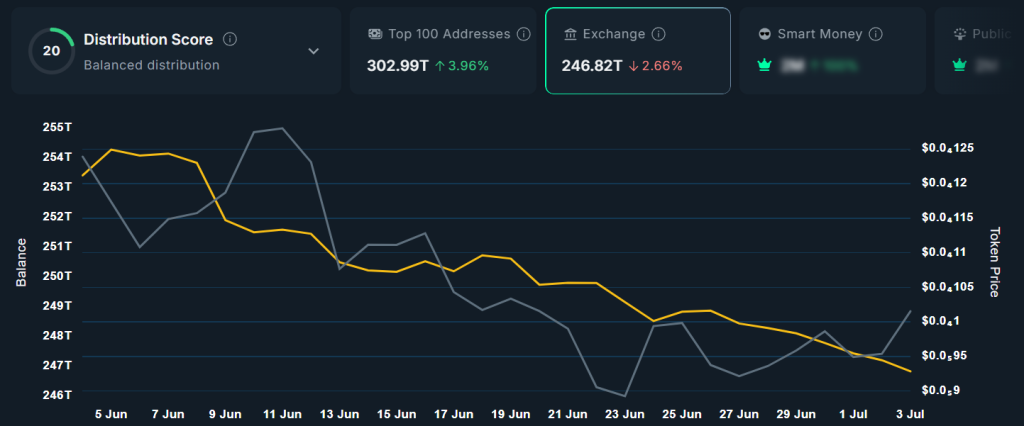Text message phone fraud or scam.
getty
A group of Senators is urging the IRS to take action on the potential use of artificial intelligence (AI) in scams targeted at taxpayers and tax professionals.
The four Senators, Chuck Grassley (R-Iowa), Maggie Hassan (D-N.H.), Ron Wyden (D-Ore.), and James Lankford (R-Okla.), sent a letter to IRS Commissioner Danny Werfel warning about the use of AI technology, including ChatGPT, “to generate persuasive, tailored scams intended to rob Americans by accessing their personal financial information.” The purpose of the letter was to encourage the IRS to educate taxpayers and tax professionals about these tax scams and offer ways to prevent becoming a victim.
“In previous tax filing seasons, many scam messages could be identified by spelling mistakes, grammatical errors, and inaccurate references to the tax code,” the Senators wrote. “By contrast, tax scams generated by new AI tools are professionally composed and specifically tailored to trick vulnerable taxpayers.”
The Senators referenced a report from Politico where a threat intelligence manager at a cybersecurity company prompted ChatGPT to produce an example of a tax scam email containing malware. The result was a “grammatically immaculate email on the Employee Retention Credit that asked the recipient for their Employer Identification Number, payroll information, and a list of their employees and their social security numbers.” When asked for an example of a call that could be used to educate elderly people on tax scams, ChatGPT produced a transcript between a scammer impersonating an IRS agent pressuring a senior citizen to pay a fake tax debt.
This prompted the Senators to ask Werfel how the IRS was preparing for a potentially significant increase in scams generated by emerging AI technologies, including deep fakes and chatbots, such as ChatGPT. The Senators also had additional questions, including whether the IRS has received any reports of AI-generated scams and whether the agency has an estimate of the total dollar amount related to these scams.
There was no deadline on the May 1, 2023, letter, but the Senators noted that they looked forward to a response.
You can read the letter here.
Credit: Source link











